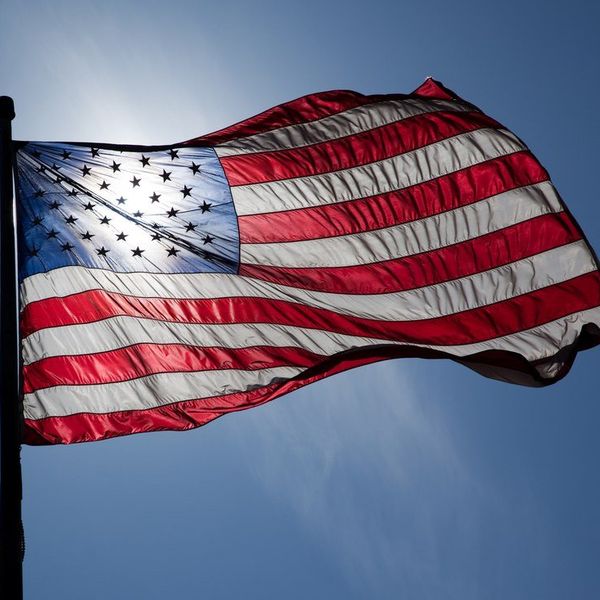On Thursday, the 14th of July, Donald Trump announced that he would be postponing his VP announcement in light of the attacks in Nice, France only to reveal it via Twitter almost 16 hours later. Mike Pence had endorsed Trump during the primary season, as had New Jersey Governor Chris Christie since weeks after his failed presidential bid ended and Former House Speaker Newt Gingrich, two other frontrunners for Trump's VP slot. Though Christie and Gingrich were not picked for the potential Trump administration's VP position, Christie is the head of Trump's transition team and Trump has made clear that Gingrich would have a position within his administration.
Hillary Clinton's VP shortlist includes Virginia Senator Tim Kaine, Ohio Senator Sherrod Brown, New Jersey Senator Cory Booker, Agriculture Secretary Tom Vilsack, and Massachusetts Senator Elizabeth Warren.
When it comes to Hillary Clinton's potential running mate, the criteria that would make the choice an ideal one for her includes being able to handle the commandeer in chief's position in a moment's notice if something were to happen to Clinton, being able to work with Congress, and someone who shares a great amount of similarities of her ideological vision for the nation.
One choice that would have a lot of potential appeal to voters is nominating New Jersey Senator Cory Booker for the slot. He would certainly appeal to African American voters, is business friendly, is familiar with the struggles of everyday Americans as he previously resided in a rundown neighborhood in Newark before becoming mayor of the City, and is seen favorably by his constituents and a number of Silicon Valley entrepreneurs. Tim Scott, Booker's colleague across the political isle and the only other African American currently in the Senate besides Senator Booker to date, acknowledged him being "a Rhodes scholar, brilliant guy, former football player", and "really good" as a potential VP pick. Though he is simultaneously hoping that Booker does not get vetted as he believes that Booker would be tough for his party to compete with and getting elected as Vice President would mean losing a valuable partner in the Senate.
Another energetic advocate for Former Secretary of State Hillary Clinton is certainly Elizabeth Warren. She was overwhelmingly the favorite with Bernie Sanders supporters to be the VP if Senator Sanders were to clinch the nomination. Not only does she have a lot of millennial support, but she has proven to be effective in what Clinton described as "getting under Trump's thin skin" since her viral exchange with Trump on Twitter. At one of Clinton's campaign rallies, Warren was seen both live and through media outlets as having immense energy and enthusiasm for Hillary Clinton's campaign.
Whoever the VP pick for Clinton may be, the debates between the VP candidates may play in to be an important factor this election year as there remain historic divisions in opinion within both the Republican and Democratic parties amid their nominees. The questions remain, Will Pence be the one to get Republican voters to turn out and prevent a division in votes with a fraction of voters leaning towards Libertarian Alternative Gary Johnson? And will Clinton's VP pick be enough to persuade the fraction leaning towards Green Party Alternative Jill Stein and the Bernie or Bust supporters? They may only be truly answered come the 8th of November.





















